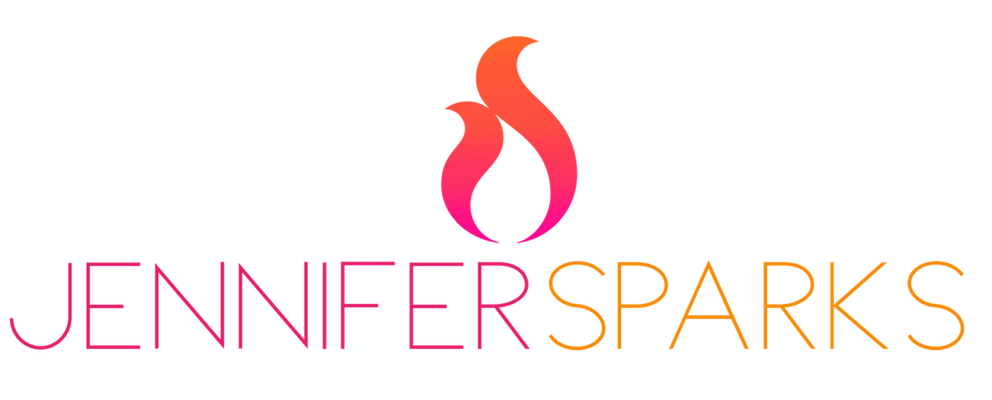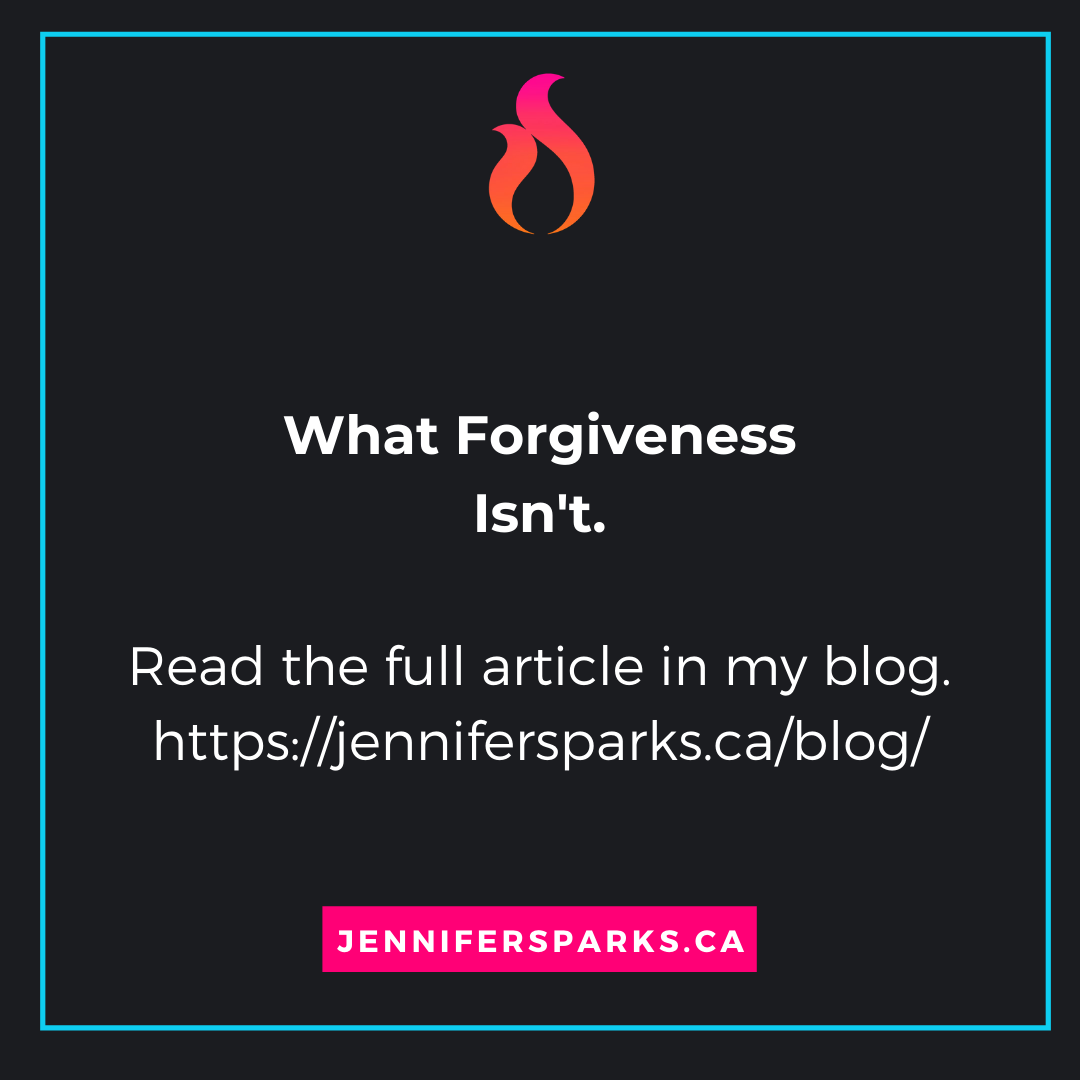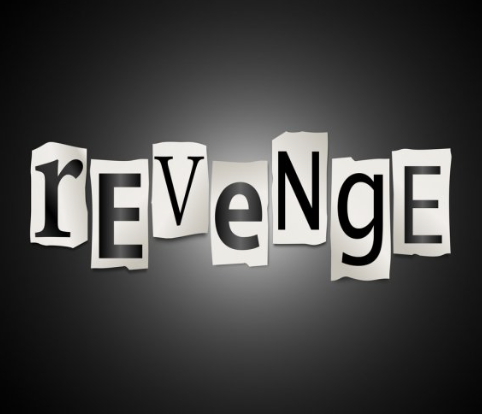Today’s Journal Prompt: Is it more important for you to be right or kind? Explain.
We like to be right, don’t we? Being able to tell someone “I told you so” makes us feel important and powerful. Hearing it on the other hand isn’t so nice, is it? While we all like to be right, we don’t appreciate being told we’re wrong.
Insisting on being right, even if you only think you are, can quickly turn you into a bully. I’m sure that’s the last thing you want to be. Yet for some reason, it seems to come more natural to us than being kind and considerate. We love to “one-up” others. We strive to do better than the Joneses. We do things regularly to compete with those around us and come out on top. The urge to be right is so deeply engrained in us that it may be something that’s coded into our DNA. It’s a survival instinct that I’m sure served us well back in the days of survival of the fittest. Thankfully we’ve come a long way from our caveman days when being right was needed to ensure you stayed alive.
Today we live in a world that requires more cooperation and interaction than ever. Much of what we do both for a living and for fun is based on or around emotional relationships with others. Yet the desire to be right is still there. It’s how we protect our ego and our self-confidence. Allowing ourselves to be wrong or simply choosing to be kind instead of pointing out how right we are can be tough. That being said, it’s a worthwhile endeavor that helps us cultivate stronger, more nourishing relationships with our loved ones.
What does this have to do with Forgiveness you ask? It’s all about treating people right and creating an environment that encourages kindness, joy, and cooperation. That’s not going to happen as long as we cling to our need to be right and better than those around us. For that to happen, we have to work on kindness instead.
A great place to start is to simply put yourself into the other person’s shoes and see things from their point of view. Believe it or not, sometimes it’s possible for both of you to be right. And even if they are wrong, think about how you’d feel if you were told that you were wrong and they were right. Find a way to deal with the situation while allowing them to save face. In other words, be kind and don’t make it a point to show off that you’re right. By doing that, you make it much easier to forgive, not just the parties involved, but in general. You’re changing your entire attitude and outlook on life for the better. In other words, you become a kinder person that’s much better at practicing forgiveness.
I leave you with this example
(from https://en.wikipedia.org/wiki/Blind_men_and_an_elephant#The_parable)
The earliest versions of the parable of blind men and elephant is found in Buddhist, Hindu and Jain texts, as they discuss the limits of perception and the importance of complete context. The parable has several Indian variations, but broadly goes as follows:[7][2]
In some versions, the blind men then discover their disagreements, suspect the others to be not telling the truth and come to blows. The stories also differ primarily in how the elephant’s body parts are described, how violent the conflict becomes and how (or if) the conflict among the men and their perspectives is resolved. In some versions, they stop talking, start listening and collaborate to “see” the full elephant. In another, a sighted man enters the parable and describes the entire elephant from various perspectives, the blind men then learn that they were all partially correct and partially wrong. While one’s subjective experience is true, it may not be the totality of truth.[4][7]
The parable has been used to illustrate a range of truths and fallacies; broadly, the parable implies that one’s subjective experience can be true, but that such experience is inherently limited by its failure to account for other truths or a totality of truth. At various times the parable has provided insight into the relativism, opaqueness or inexpressible nature of truth, the behavior of experts in fields of contradicting theories, the need for deeper understanding, and respect for different perspectives on the same object of observation.
What if we all were right is some capacity?




